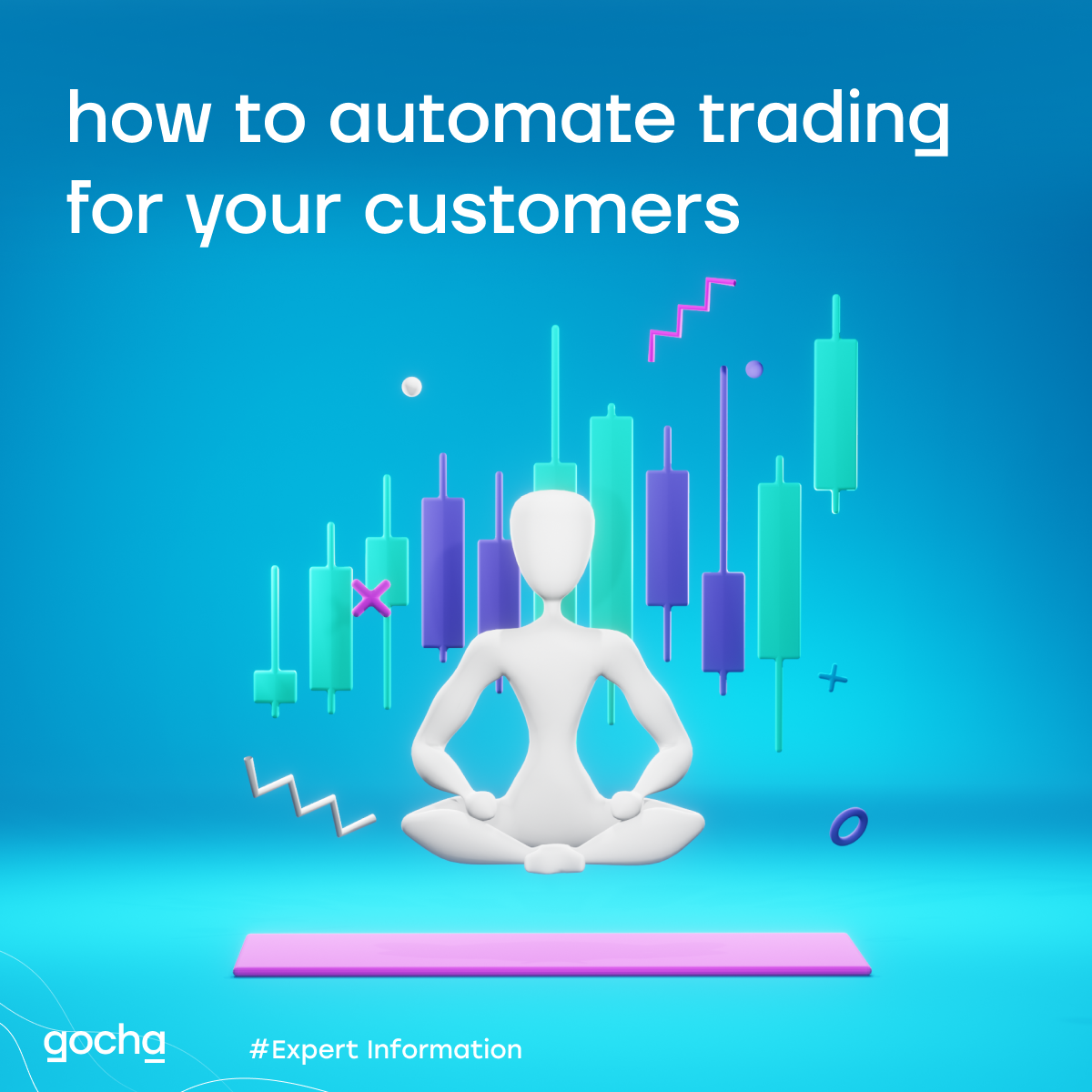The Future Of AI & Blockchain Technology

Most digital systems, such as data centers, databases and servers, are centralized.
This means that they have a single point of vulnerability through which hackers can gain access to the company’s and users’ personal information and also attain remote control of the system. This characteristic of centralized systems has become one of the biggest problems in the IT industry.
Such hacks occur not only due to vulnerabilities or backdoors in the security of services (such as errors in the server configuration) but sometimes due to mistakes or malicious actions by employees. For example, a former Amazon employee has been linked to a hack of more than 30 companies that resulted in the attackers gaining access to the data of more than 100 million users.
Amazon Web Services (AWS) has experienced repeated breaches. In fact, data leaks occur at the company annually and sometimes multiple times a year. Another major company, Facebook (now Meta), has also been a subject of data breaches: in 2021, the data of more than 530 million users in 106 countries were deleted as a result of a hack.
All of this could have been avoided if the data had been stored in a decentralized manner and no single node could access it without reaching the necessary consensus: that’s how blockchain technology works. Mining farms have become the first industrial-scale services to coordinate the network in a decentralized way based on proof-of-work consensus.
And more importantly, blockchain technologies open the way for developing and deploying intelligent data networks.
Intelligent data networks
Although smart contracts developed on the Ethereum blockchain include the term “smart,” they do not use artificial intelligence. However, AI technologies could well help optimize their work and thus reduce gas costs, which have increased tenfold in recent years due to the growing popularity of the network and user activity.
On the basis of smart networks, it will be possible to create not only intelligent digital systems but also entire smart cities, where artificial intelligence will analyze all the data in a single decentralized register and optimize the operation of urban services, for example, control public transport timetables and city lighting according to demand in certain areas of the city.
Energy management is a particularly important issue because unoptimized electricity consumption forces the municipality to spend extra money that could have been used to modernize the city.
Another important factor is the environment. In places where a high volume of traffic accumulates in cities, the emission of CO2 and other harmful substances increases. AI will help correct this situation by managing traffic in the city.
Supercomputers
The supercomputers used for computing in scientific centers not only store and process huge amounts of data but also consume large amounts of electricity like miners. In addition, research is often fragmented: Companies are likely to do the same work at the same time, spending additional resources to do so, rather than joining forces and using a single decentralized data registry to complement each other’s research.
One of the well-known projects working on creating a decentralized supercomputer is Golem. This blockchain project is not only trying to solve the “single point of failure” problem that results from the centralization of computer systems but is creating a single data network that works like a single supercomputer. Research centers can access it at a lower cost than companies offering such services.
Supply chains
Smart logistics are more than just a solution to the problems of long and poorly optimized deliveries that add costs to manufacturers and suppliers as well as retailers. As a result, end consumers are forced to pay more for goods.
In particular, this is because some regions receive more goods than they need, creating a surplus, while other regions experience shortages, causing goods to quickly become more expensive. AI technologies that use blockchain can solve the problem by lowering costs for all parties and making goods more accessible to users.
The combination of these technologies will make it possible to create applications for smart inventory and warehouse management, AI and employee interaction, supply planning, and payment optimization. Blockchain will help solve many of the problems associated with cross-border payments and banking bureaucracy, which increase financial costs at every stage of delivery.
Such blockchain solutions are currently being developed by major companies such as Alibaba, IBM along with Maersk, Walmart and even Abu Dhabi National Oil Company. For example, IBM and Maersk have developed the TradeLens digital global trading platform for the global shipping system.
Decentralized economy
The decentralized financial sector (DeFi) is actively developing in the Web3 industry. However, the possibilities offered by artificial intelligence in this field are practically not yet implemented at all. Meanwhile, the achievements of artificial intelligence are being applied in traditional areas of the economy, such as banking, stock exchange and foreign exchange trading, e-commerce, and the like.
AI is helping analysts develop automated solutions for financial transactions, trading stocks, bonds, commodities, and other exchange commodities, as well as futures for them. The potential of such automated systems for the DeFi market is enormous.
In addition, the combination of blockchain and AI technologies will help improve financial transactions in the banking sector. Cross-border payments for goods and services not only complicate the process of transactions between companies and individuals but also lead to high commission costs and, moreover, additional costs due to currency conversion.
Figure, for example, is developing a credit platform based on blockchain and artificial intelligence. The company is the best proof of investors’ interest in such products: in the four years since its inception in 2018, the platform has attracted more than $4 billion in investments.
Digital authentication
Some blockchain projects are developing solutions known as Web3 Passport.
This technology will make it easier for companies to access user data, and users will not have to verify their identity each time in separate services that are vulnerable to attacks and risk leaking confidential information. A solution like that is being developed on Quadrata, for example.
Personal data is stored on the blockchain, and users decide when to whom and what data they provide to third parties. In this case, the combination of blockchain technologies and artificial intelligence will help increase the security of data without compromising its integrity.
Conclusion
Blockchain and artificial intelligence (AI) technologies complement each other and allow the creation of more innovative, efficient, and secure services/products for users.
Blockchain provides censorship and immutable data storage. AI determines how all parties can benefit more. This means both companies and ordinary users who want to have access to innovative products and services.
While these services are not being developed on a global scale, large companies are increasingly interested in investing in projects that integrate blockchain with AI platforms and vice versa.














